2024 Research Grants recipients
Almost $600,000 was distributed to ten researchers.
2024 Tim Glendinning Memorial Fund for Young Adult Stroke Grant (proudly supported by Tradeweb)
Recipient
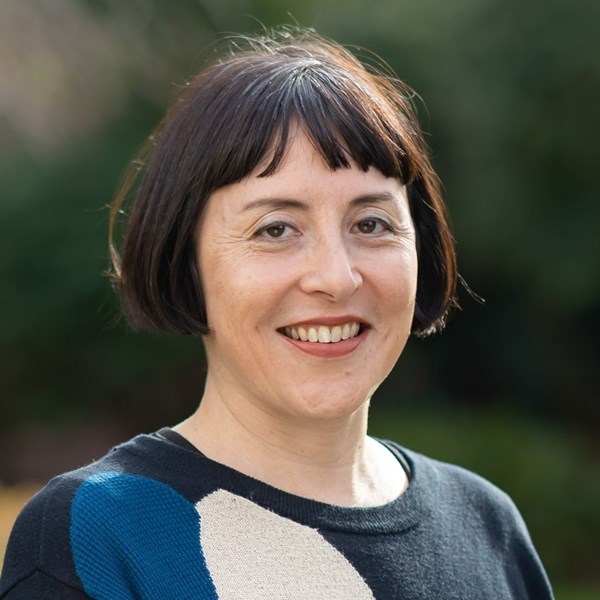 |
Associate Professor Dana Wong – La Trobe UniversityCo-designing a psychoeducation package to enhance psychosocial wellbeing for young adults living with stroke ‘Unseen’ challenges, like anxiety, depression, cognitive impairment and fatigue, are common in young adult survivors of stroke, yet remain the highest areas of unmet need. One-third of Australian stroke services reporting no access to psychologists. This project will co-design clinician-delivered information, tailored for young adults with stroke, to support self-management, improve wellbeing and prevent the need for more intensive therapies. |
Stroke Foundation Seed Grants
Seed grant funding is a focus of our grants program, providing a platform for researchers in the early stages of their career and supporting advancement in stroke.
Our 2024 Seed grants called for projects to address:
- Research on underserved communities in acute stages of care.
- Translational and implementation research.
- Long-term community support beyond 6 months post-stroke.
- Long-term psychosocial recovery beyond 6 months post-stroke.
Six projects were awarded Seed Grants of up to $80,000 each, commencing in 2024.
Seed Grant Recipients
 |
Dr Jade Dignam - The University of QueenslandCodesign of an interdisciplinary intervention to support text-messaging for adults with post-stroke aphasia: The SMS study Aphasia is a debilitating communication disability affecting approximately one third of stroke survivors. This research will develop ways to support effective communication via texting, enabling people living with aphasia to successful communicate, connect and complete activities of daily living via text-message. |
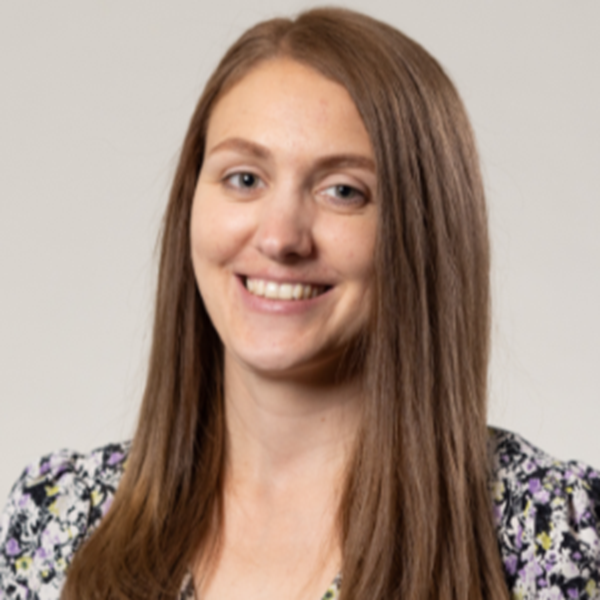 |
Dr Stephanie Harrison - South Australian Health and Medical Research InstituteThe Equitable Access to Support for Everyone after Stroke (EASE-Stroke) study: Investigating access to long-term community support for older Australians post-stroke In Australia, more than 2 in 3 people who experience a stroke are aged 65 years and over. Access to long-term support is variable and suboptimal. This project will demonstrate the long-term support older Australians receive after stroke, and factors which may impact access to long-term care, to ultimately reduce inequity in service provision and improve health outcomes. |
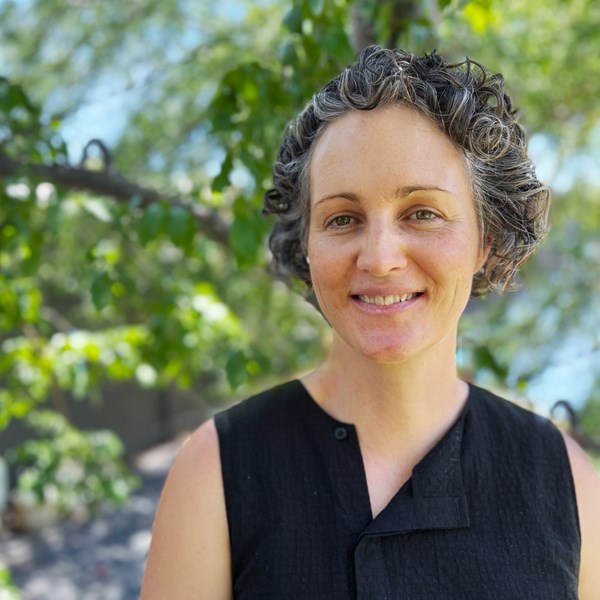 |
Dr Anna Holwell - The University of MelbourneOur story – the On Country journey of remote stroke In Central Australia, access to acute stroke services and specialized care is limited. This two-part study will explore opportunities to enhance pre-hospital pathways, enabling faster access to hospitals and life-saving treatments, and create stroke education materials that are culturally and linguistically relevant to the Central Australia community. |
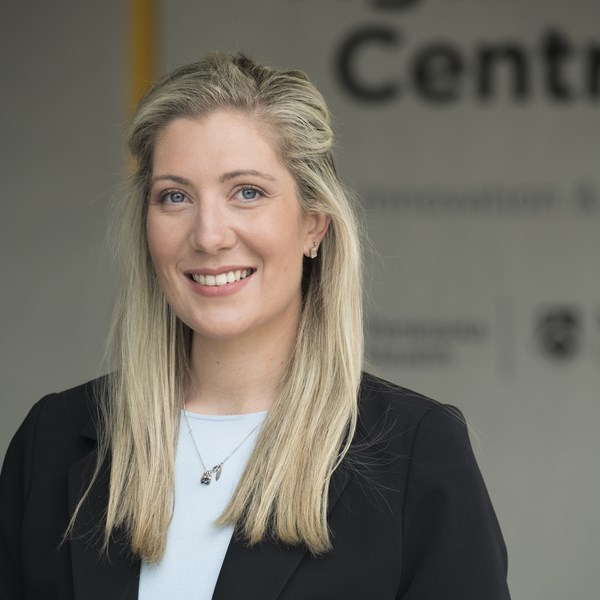 |
Dr Laura Jolliffe - Monash UniversityEstablishing the quality of Early Supported Discharge (At-Home) Services on Stroke Survivor Outcomes and Quality of Life. Home-based stroke rehabilitation services in Australia are increasing, however there are no systems in place to monitor its quality. This research will use Australian-first data to provide insights into care quality and factors involved in best-practice care provided at home. |
 |
Dr Sharon Kramer - Monash UniversityExercise in Stroke Rehabilitation (EXIST-Rehab) Developing an implementation strategy for aerobic exercise interventions in stroke rehabilitation Aerobic exercise can help improve walking and fitness after a stroke, however people who have difficulty walking are often excluded. This research will co-design how to implement exercise programs tailored for people with moderate and severe strokes in stroke rehabilitation. |
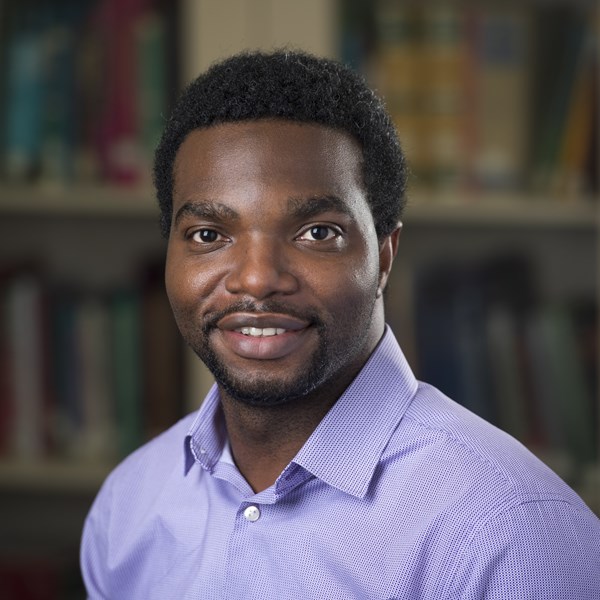 |
Dr Muideen Olaiya - Monash UniversityOptimising a primary care digital platform to improve the long-term management of people with stroke in the community Stroke care across Australian general practices can be improved, particularly in regional areas. This research will address regional inequality and support ongoing general practitioner (GP)-led stroke care using a digital monitoring tool that connects survivors of stroke with their GPs. |
2024 Future Leader Grants
Future leader funding aims to strengthen leadership skills for emerging researchers seeking to further their stroke research specialty and develop collaborative networks.
Future Leader Grant Recipients
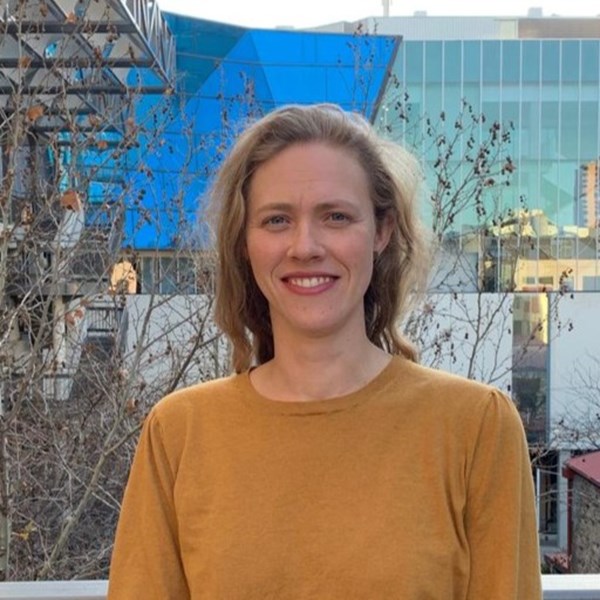 |
Dr Katharine Brown (McBride) - South Australian Health and Medical Research InstituteAotearoa New Zealand travel to observe co-design methodologies with Māori & Pasifika women. This grant will support Aboriginal and non-Aboriginal researchers to work with Māori and Pasifika researchers in Aotearoa New Zealand to observe collaborative research in practice and develop a plan for our co-design research with Aboriginal and Torres Strait Islander communities in Australia. |
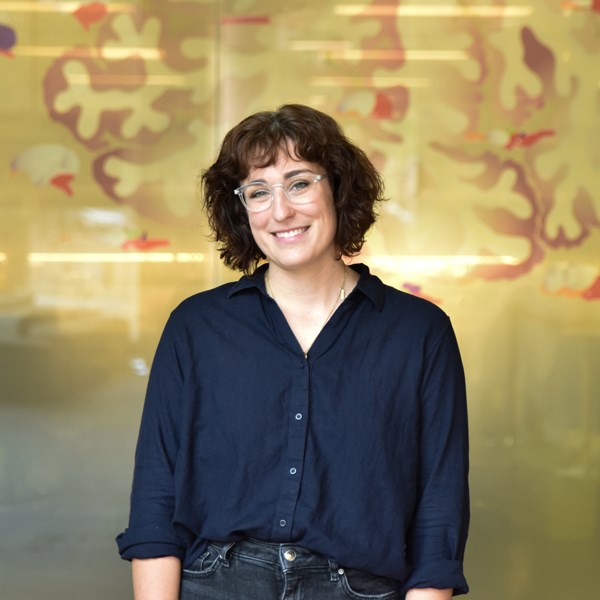 |
Dr Margaret Moore - The University of QueenslandTravel to the University of Oxford (UK) to complete a collaborative project on post-stroke cognitive deficits. Post-stroke cognitive impairments can cause difficulties with communicating, perception and planning. This grant brings together experts in cognitive neurosciences to establish new ways of using brain imaging data to develop effective treatments for post-stroke cognitive symptoms. |
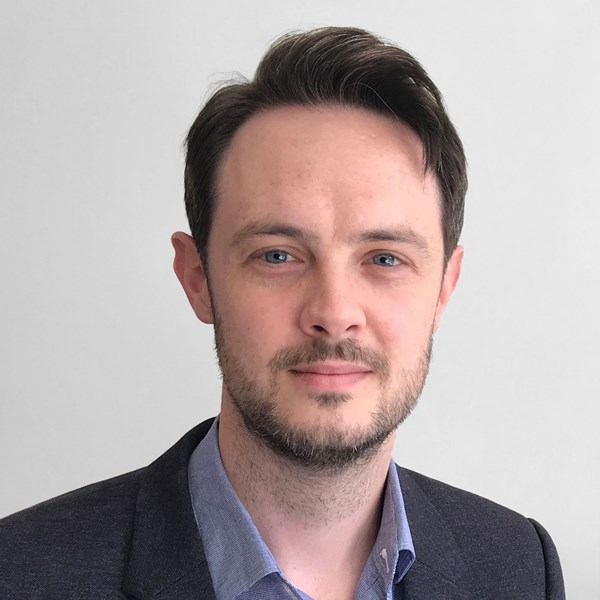 |
Dr John Pierce - La Trobe UniversityTravel to two centres of excellence (UK and USA) to develop understanding of effective co-design of innovative technology solutions for survivors of stroke with aphasia. This grant enables learning from world-leading researchers in the development of co-designed solutions for with people living with aphasia, with a focus on technology and how Artificial Intelligence could be applied for more personalised and effective aphasia rehabilitation and management. |
